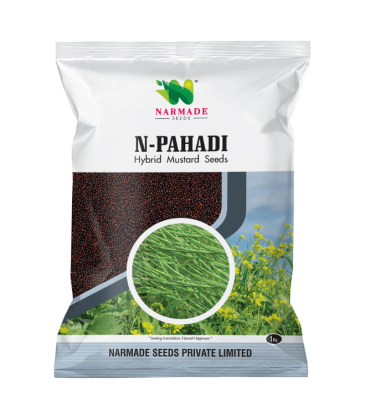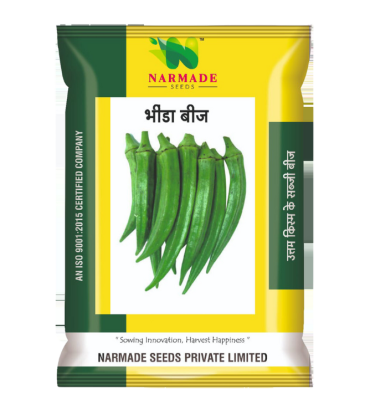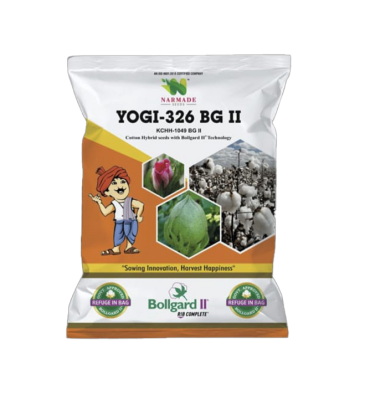Here are some key points about tuver seeds:
1. Plant Description:
- Tuver seeds come from the pigeon pea plant (Cajanus cajan), an annual or perennial legume.
- The plant features compound leaves and produces clusters of pea-like flowers.
2. Culinary Uses:
- Pigeon pea seeds, or tuver seeds, are a staple in many cuisines around the world, especially in tropical and subtropical regions.
- They are often used in the preparation of dals, soups, stews, and various curry dishes.
3. Nutritional Content:
- Tuver seeds are a good source of plant-based protein, dietary fiber, and essential vitamins and minerals.
- They contribute nutrients such as iron, potassium, magnesium, and B vitamins to the diet.
4. Crop Rotation:
- Pigeon pea is beneficial in crop rotation practices as it can fix nitrogen in the soil, improving soil fertility for subsequent crops.
5. Agricultural Importance:
- Pigeon pea is economically significant, providing both food and forage.
- It is grown by smallholder farmers as well as on a larger scale for commercial purposes.
6. Varieties:
- Different varieties of pigeon pea exist, with variations in seed color, size, and maturity period.
- Varieties may include both short-duration and long-duration types.
7. Drought Tolerance:
- Pigeon pea is known for its ability to tolerate drought conditions, making it a resilient crop in regions with erratic rainfall.
8. Culinary Diversity:
- Pigeon pea seeds are versatile and used in various culinary applications, offering a distinct flavor and texture to dishes.
9. Traditional Medicine:
- In some traditional medicine practices, pigeon pea is believed to have potential health benefits, including anti-inflammatory properties.
10. Economic Importance:
- Pigeon pea cultivation contributes to the livelihoods of farmers and is an important commodity in international trade.
- The dried seeds are often processed and marketed for both domestic and export markets.







There are no reviews yet.